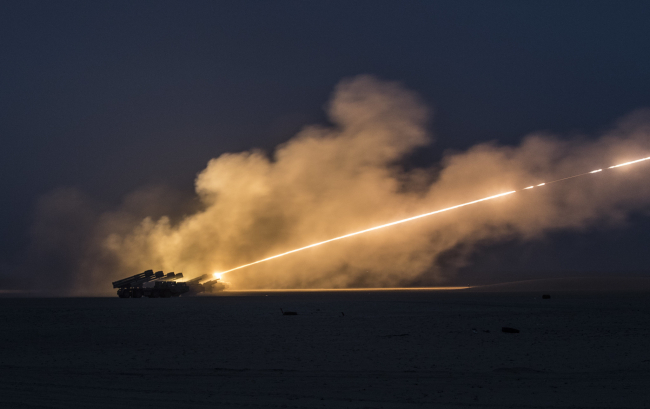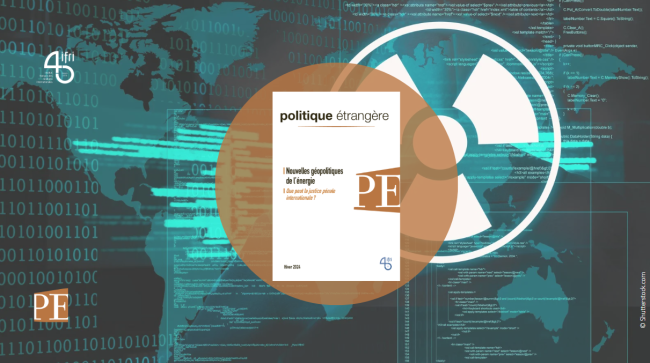The Franco-German Armaments Cooperation. An Impossible Agreement?
In the Aachen Treaty in 2019, Germany and France agree to deepen their "common program in defense matters" and to pursue a common vision in terms of arms export. These are the preconditions that will help consolidate a culture of common armed forces, common interventions, and European defense industry.

Although the bilateral arms cooperation has been intense for a long time many major projects failed or caused considerable problems. The new "exceptional projects" FCAS (future air warfare) and MGCS (future ground warfare) are at an early stage, are characterized by ambitiousness and pose a certain number of questions. Among these, the respective role of the arms industry in the political process of both States and the correlated question of arms export hold a prominent position. The points of view of France and Germany could not be more different. Also, the strategic directions relating to the military capacity of action and intervention which the systems are supposed to facilitate, do not coincide.
The Aachen Treaty follows the objective to provide the necessary means for France and Germany to be regarded as the forerunners of the European ‘strategic autonomy’. To achieve this goal however three challenges must be overcome: the differences of the arms industry’s role must be tackled and overcome. Therefore, Berlin and Paris need to agree on the role of Europe or the European Union, more specifically, with regard to defense. This requires a public discussion on strategic questions within and between the two countries, which is currently unsatisfactory.
Detlef Puhl worked until 2016 as "Senior Advisor for Strategic Communication" for the North Atlantic Treaty Organization (NATO), Assistant Secretary General for Emerging Security Challenges Division (ESCD). From 2011 to 2016, he was in charge of the strategic communication of this new division of the Atlantic Alliance Headquarters in Brussels.
This publication is available the following languages:
- FRENCH: "La coopération en matière d'armement entre la France et l'Allemagne. Un terrain d'entente impossible ?" (pdf)
- GERMAN: "Deutsch-Französische Rüstungszusammenarbeit – Ein Ding der Unmöglichkeit?" (pdf)
Related centers and programs
Discover our other research centers and programsFind out more
Discover all our analyses
RAMSES 2024. A World to Be Remade
For its 42nd edition, RAMSES 2024 identifies three major challenges for 2024.
A Transatlantic Defense Industrial Base? Two Contrasting Views
The evolving landscape of global defense cooperation has brought the transatlantic relationship between the United States (US) and Europe into sharp focus. As geopolitical tensions rise and the threat environment becomes more complex, the question of how Europe can best ensure its security while navigating its relationship with the United States has become paramount. This double feature report offers two contrasting views on the dynamics of US-Europe defense industrial relations, highlighting the challenges and opportunities that lie ahead for both parties.
Deep Precision Strikes: A New Tool for Strategic Competition?
Reaching deep into the enemy’s system to weaken it and facilitate the achievement of operational or strategic objectives is a key goal for armed forces. What capabilities are required to conduct deep strikes in the dual context of high-intensity conflict and strengthened enemy defenses?
From Cuba to Ukraine: Strategic Signaling and Nuclear Deterrence
Strategic signaling—the range of signs and maneuvers intended, in peace time, to lend credibility to any threat to use nuclear weapons—is back.











